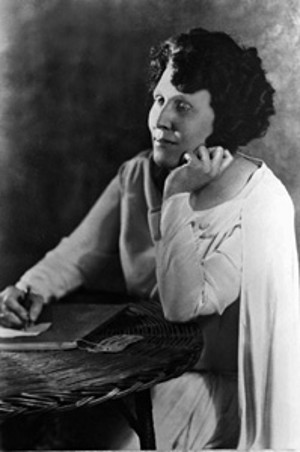Chapter X
Darkness and Despair
So these were the records that memory brought down and unrolled before me as I lay utterly helpless and quiet; while the weary days dragged by and joined the long procession of yesterdays that soon lengthened into years—years of such agony that words fail to describe them. Sometimes there were rapiers of pain that tore and racked the weakened body; then dull, steady aching, while nerves quivered and burned like flames of fire; then, gasping for breath, suffocating, choking, as a great hand seemed to seize the already sore weak heart and wring it until each beat came broken and hesitating; then convulsions, while arms and limbs drew and cramped until the frail body could stand the agony no longer, and exhausted, the feverish brain sank into welcome unconsciousness; unconsciousness until the scattered forces again gathered a little strength and dragged on to new battles of agony.
Hypodermic needles were always at hand—narcotics—stimulants—until at last the tiny flame of life burned so low that it responded to none of these, and it seemed that just a breath would fan it away. But God was watching that tiny flame—shielding it with His hand—working out His own purposes, and it was not His will that it should flicker out.
Hospital after hospital; sanitariums; long journeys on stretchers as hope grasped at some new straw; physician after physician, (how kind they were—how sacrificial—how hard they tried, God bless them) but each gave the same answer, “This case is beyond human aid”; “I am sorry—there is nothing more that I can do except to make her comfortable until the end comes.” “Comfortable?” that was the one thing that no one seemed able to do. Why, even the rubber cushions upon which my poor broken back was resting seemed at times like rocks.
How weary the days—but oh, how long the nights! Surely the scripture was true in my case: “In the morning thou shalt say, Would God it were even! and at even thou shalt say, Would God it were morning” (Deuteronomy 28:67). Through the long nights I could hear only the soft pat-pat of the nurses’ feet down the long hall, and as loneliness and despair took hold of me, a darkness deeper than the night would settle down on my heart and I would long for death; but quick on the thought I would cry, “No, no; I cannot die—I am afraid to die,” and a horrible fear of death would fasten upon me, as it had hundreds of times. Afraid to die? Horribly afraid—yet dying! A leap in the dark? Yes—and alone! Can human language express the depths of human suffering? Mine cannot. Can one who has tasted death, hell, and ghastly fear, return, and with mere words, express what he has passed through? I cannot. God alone knows; may you never know.
